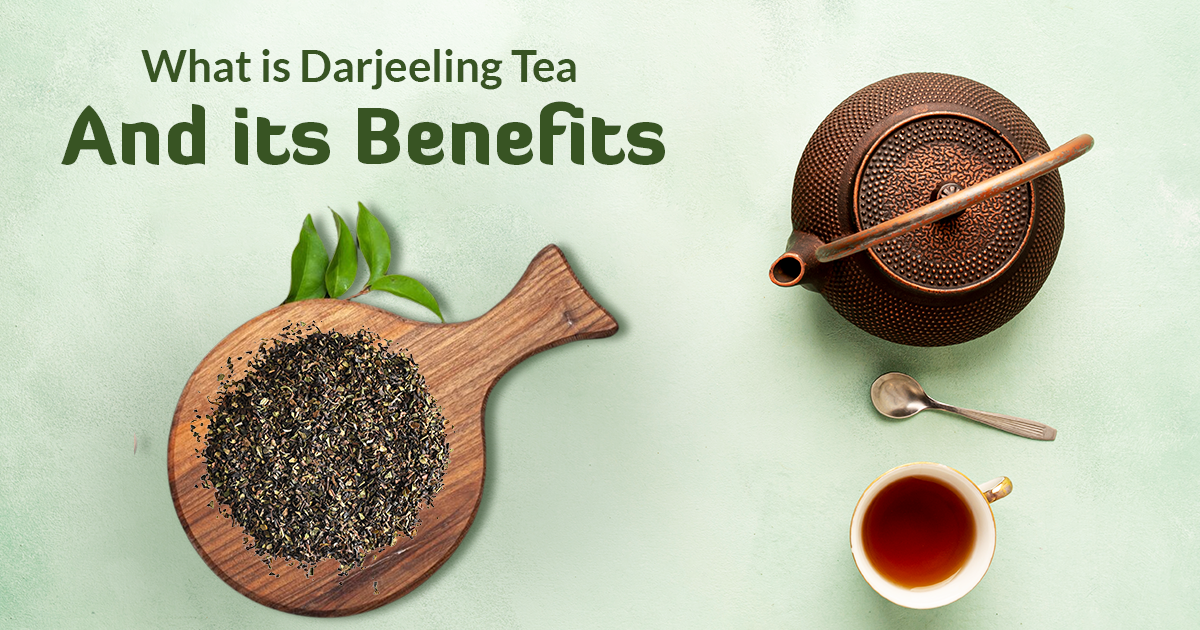Assam tea, also known as Assam black tea, is a type of black tea that originates from the Assam region in northeast India. Renowned for its robust flavor, deep aroma, and rich color, Assam tea is loved by tea enthusiasts around the world. In this comprehensive guide, we will explore the origins, processing methods, and health benefits of Assam tea.
Origins of Assam Tea
The story of Assam tea begins in the early 19th century when a Scottish adventurer named Robert Bruce discovered wild tea plants growing in the hills of Upper Assam. These tea plants belonged to the Camellia Sinensis var. assamica variety, which is distinct from the Chinese tea plant (Camellia sinensis var. sinensis). The Assam tea plant had larger leaves and produced a dark and rich tea.
However, it was Bruce's brother who sent the seeds of the Assam tea plant to Calcutta for examination, leading to the official classification of Assam tea as a separate tea variety. Since then, Assam has become the world's largest tea-growing region, producing nearly 56% of India's total tea production.
Tea Farming and Processing
The terroir of Assam, characterized by low altitude, rich loamy soil, ample rainfall, and a tropical climate, provides the perfect conditions for tea farming. Assam tea is harvested twice a year, with the first flush occurring from late March to late May and the second flush in June.
The processing of Assam tea involves several steps, each contributing to its unique flavor profile. The first and most crucial step is withering, which refers to the wilting of fresh tea leaves to reduce the moisture content. This is followed by rolling the withered leaves to open the cell walls and expose the juices to oxygen. The next step is oxidation, which gives Assam tea its reddish-brown color, characteristic flavor, and aroma.
After oxidation, the tea leaves are dried at various stages of production to enhance the flavors and ensure a longer shelf life. The entire process is carried out in a climate-controlled environment to minimize the chances of spoilage.
Flavor Profile and Brewing
Assam tea is known for its strong, tart, and malty flavor, which makes it an excellent choice for breakfast tea. Its dark reddish-brown color and brisk taste are a result of the unique processing methods used. Assam tea is typically brewed using boiling water and steeped for 2-5 minutes, depending on personal preference. The longer the steeping time, the stronger and darker the cup of tea.
Many tea enthusiasts enjoy Assam tea with milk and sugar, as the milk helps to temper the strong flavor. However, it can also be enjoyed without any additives, allowing the natural flavors to shine through. Experimentation with brewing time, water temperature, and tea-to-water ratio can help you find the perfect cup of Assam tea that suits your taste.
Health Benefits of Assam Tea
Assam tea is not only a delightful beverage but also offers several health benefits. Let's explore some of the key advantages of including Assam tea in your daily routine:
1. Boosts Mental Alertness
Assam tea contains caffeine, which acts as a natural stimulant and can enhance mental alertness and focus. The presence of the amino acid L-theanine in Assam tea helps promote a state of relaxation without inducing drowsiness, resulting in improved cognitive function. This combination of caffeine and L-theanine provides a balanced and sustained energy boost.
2. Supports Heart Health
Studies have shown that regular consumption of Assam tea may have a positive impact on heart health. The polyphenols present in Assam tea, such as flavonoids, have been associated with a reduced risk of cardiovascular diseases. These compounds help lower cholesterol levels, prevent the buildup of plaque in the arteries, and maintain relaxed blood vessels, ultimately reducing the risk of heart attacks and other heart-related conditions.
3. Enhances Immune Function
Assam tea is rich in polyphenols, which have antioxidant properties and play a crucial role in supporting the immune system. These antioxidants help fight against harmful free radicals, prevent DNA damage, and reduce the risk of various infections and diseases. Additionally, Assam tea's polyphenols contribute to maintaining a healthy balance of gut-friendly bacteria, which are essential for overall immune function.
4. Aids in Weight Management
For those looking to manage their weight, Assam tea can be a beneficial addition to a healthy diet and exercise routine. The combination of caffeine and other compounds in Assam tea can help boost metabolism, increase fat oxidation, and suppress appetite. By providing an energy boost and promoting fat burning, Assam tea can support weight loss efforts when consumed as part of a balanced lifestyle.
5. Promotes Digestive Health
Assam tea has been traditionally used to aid digestion and alleviate digestive issues. It can help stimulate digestive enzymes, promote healthy bowel movements, and prevent constipation. Assam tea is also known to have a soothing effect on the stomach, making it beneficial for individuals with indigestion or stomach discomfort.
6. Supports Oral Health
The consumption of Assam tea can contribute to maintaining good oral health. Assam tea contains natural compounds that help prevent the growth of bacteria responsible for tooth decay and cavities. Chewing on Assam tea leaves or gargling with brewed tea can help improve oral hygiene and promote healthy teeth and gums.
7. Provides Antioxidant Protection
Assam tea is a rich source of antioxidants, such as theaflavins and catechins. These antioxidants help neutralize free radicals in the body, which can cause cellular damage and contribute to various diseases and aging. Regular consumption of Assam tea can provide antioxidant protection and support overall well-being.
Studies have shown that chamomile tea can help reduce symptoms of anxiety and improve sleep quality, which are closely linked to stress levels. By incorporating chamomile tea into your daily routine, you may experience a greater sense of relaxation and relief from stress.
Precautions and Considerations
Although chamomile tea is generally deemed safe for most individuals, it's essential to bear in mind a few precautions:
Allergies: Some individuals may have allergies to chamomile or other plants in the Asteraceae family. If you have known allergies to ragweed, chrysanthemums, marigolds, or daisies, you should avoid chamomile tea.
Potential Medication Interactions: Chamomile could interact with specific medications, including blood thinners. If you are taking any medications, it is advisable to consult with your healthcare provider before incorporating chamomile tea into your routine.
Pregnancy and breast-feeding: While chamomile tea is generally safe, pregnant individuals should exercise caution and consult with their healthcare provider before consuming it regularly. Limited research suggests that chamomile tea may increase the risk of preterm labor or miscarriage.
Infants and young children: Infants and young children should avoid chamomile tea due to the potential presence of botulism spores, which can be harmful to their underdeveloped immune systems.
Conclusion
Assam tea offers a range of potential health benefits, from promoting better sleep to alleviating menstrual discomfort and supporting digestion. Its anti-inflammatory, antioxidant, and relaxing properties make it a popular choice for those seeking natural remedies.
While Assam tea is generally safe and well-tolerated, it is important to be aware of potential allergies, medication interactions, and considerations for specific populations. As with any herbal remedy, it is always best to consult with a healthcare provider before incorporating Assam tea into your routine.




